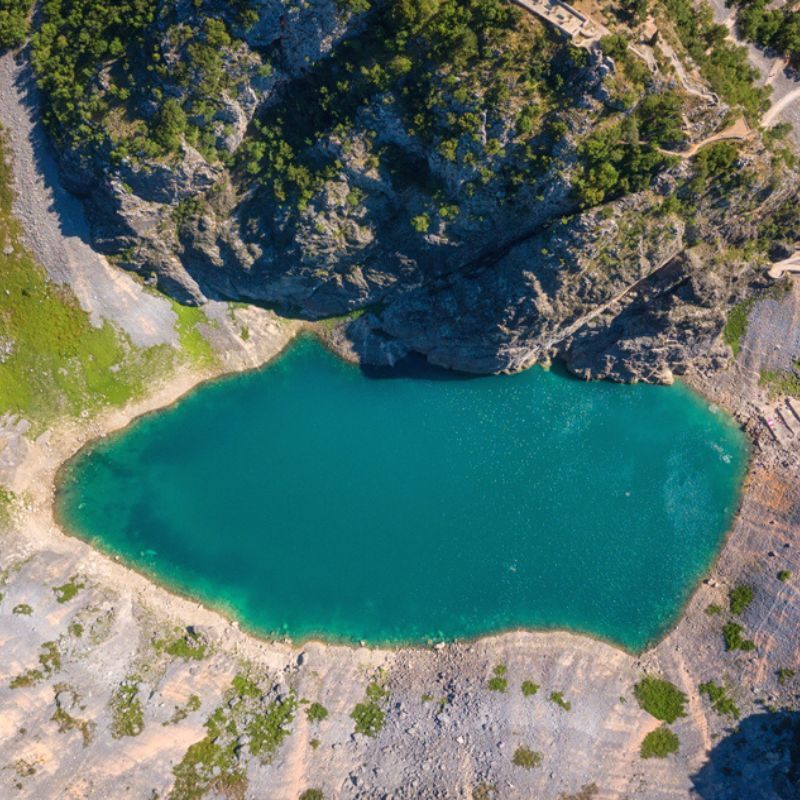
The increasing amount of plastic waste is surely a rising concern worldwide. In an attempt to reduce the plastic waste crisis, 187 countries have come to an accord to control the movement of plastic waste between the national borders. The United States wasn’t among them. By Swastika Mukhopadhyay
Addressing the issue of plastic pollution in the world, 187 nations came together to an agreement and decided to include plastic in the Basel Convention. The Basel Convention is a treaty that administers the flow of hazardous waste materials from one country to the other and strives to reduce the effects of plastic pollution around the world. After a two-week long meeting of the UN-backed conventions in Geneva, Switzerland, this pact was sealed. The US showed its dissent to the treaty and was hence not included in the decision making. It stands as one of the two countries that have expressed their disagreement with the proposal.
What Does The Pact Claim?
According to WWF, this resolution demands the acquisition of prior consent from the receiving countries before the plastic is shipped off to their borders. While the most contaminated plastic waste needs approval; mixes of PE, PP, and PET are exempted.
The protocol will be applied to the United States irrespective of the fact that it was not a part of the decision making. The US has been consistent in sending its plastic wastes to various parts of the world. Recently, it had started facing lashes as the countries to which the plastic waste materials are shipped are now trying to reduce plastic movement across their borders.
Many southeast Asian countries have also taken up initiatives to restrict the movement of plastic waste. “A highly welcome step towards redressing this imbalance and restoring a measure of accountability to the global plastic waste management system,” WWF stated.
Why Is The Pact Necessary?
Studies have estimated that 100 million tons of plastic are now present in the Earth’s oceans, up to 90 percent of which is contributed by land-based sources. This calls for public awareness and acceptance of the fact that extreme use of plastic is negatively impacting our ecosystem.
In an attempt to convince the government of the Basel Convention to take necessary actions, millions of people signed a petition this week asking the western countries not to export their plastic waste to developing countries but recycle it instead.
“This is a crucial first step towards stopping the use of developing countries as a dumping ground for the world’s plastic waste, especially those coming from rich nations,” Break Free from Plastic global coordinator, Von Hernandez, was quoted saying.
Related: The 101 Of Zero Waste Travel: How You Can Make An Impact!










